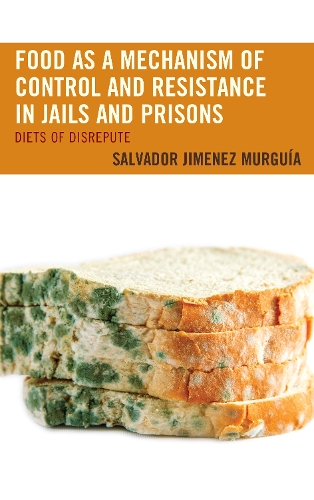
Food as a Mechanism of Control and Resistance in Jails and Prisons: Diets of Disrepute
(Hardback)
Available Formats
Publishing Details
Food as a Mechanism of Control and Resistance in Jails and Prisons: Diets of Disrepute
By (Author) Salvador Jimnez Murgua
Bloomsbury Publishing PLC
Lexington Books
19th February 2018
United States
Classifications
Professional and Scholarly
Non Fiction
365.643
Physical Properties
Hardback
128
Width 159mm, Height 239mm, Spine 16mm
367g
Description
Murguia explores food and foodways within institutions of incarceration. Food, like all resources within total institutions, is vulnerable to social manipulation. Within jail and prison settings, food becomes both a mechanism of control and resistance. In the former, the type of food, its quality, its quantity, and the symbolic significance of its presence or absence all contribute to the socio-political experience of the incarceratedperhaps even adding an extra form of punishment to ones sentence not measured in time, but rather in terms of cruelty. In the latter, the incarcerated may view the preparation of food, the innovation it may undergo, its consumption, or even the refusal of its consumption along these same socio-political lines. Thus viewing food within jail and prison as social facts that engender real consequences reveals a virtually uncharted area of research for understanding the intersection between food and life within the confines of incarceration. Of this line of inquiry, Murguia asks how food is employed as a means to control prisoners and, conversely, how do prisoners employ food in the service of resistance. As his analysis suggests, this text emphasizes a need to advance a broader discussion about the diets of prisoners.
Reviews
This book represents an important first step to begin the necessary conversation about what rights we should view as fundamental. Murguia packs a lot in these pages; exposing the methods of control from the perspective of both corrections officials and inmates. -- Teresa Dalton, University of California, Irvine
Author Bio
Salvador Jimenez Murgua is professor of sociology at Akita International University.
